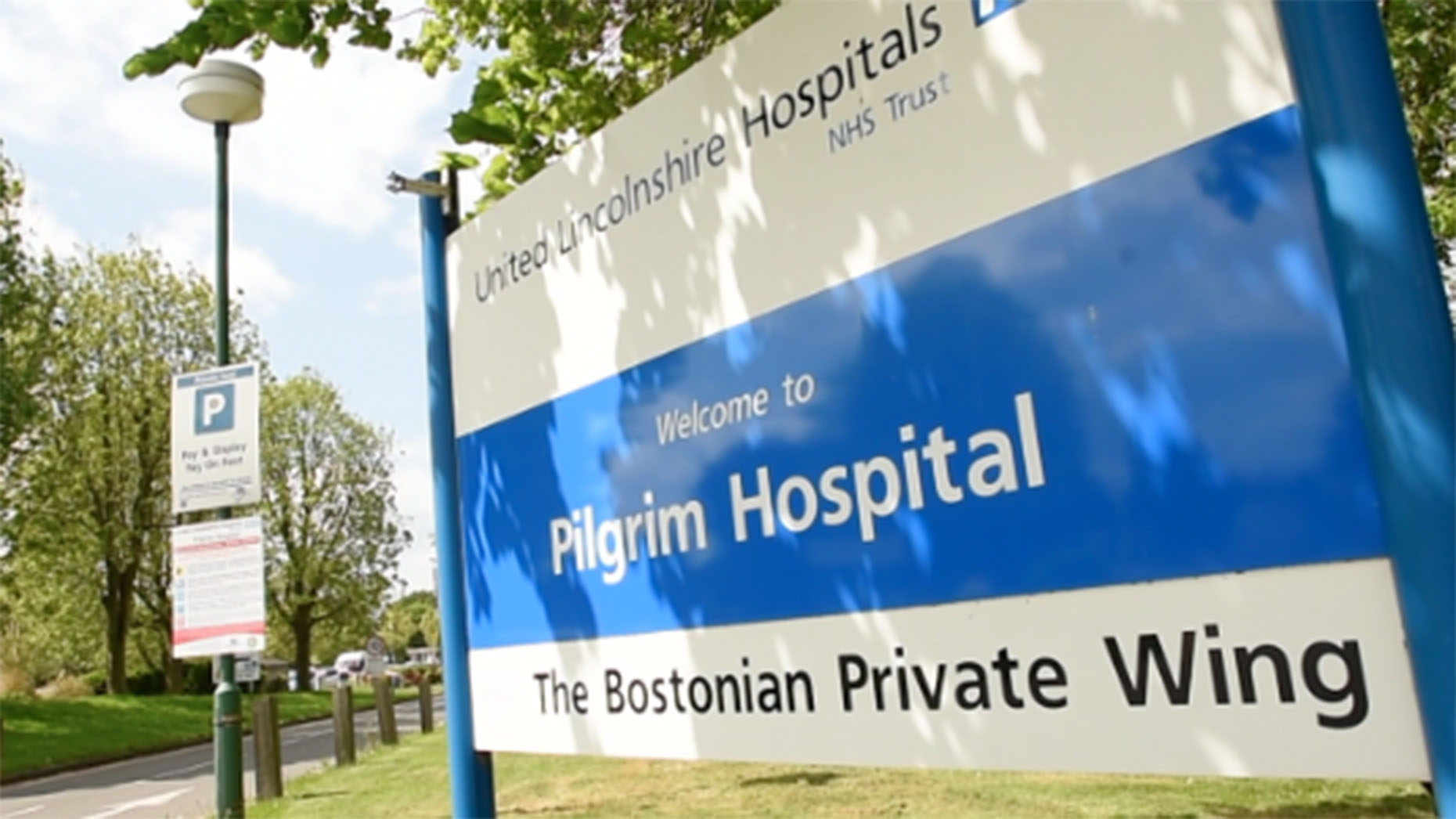This last week has brought great news on the NHS both locally and nationally – the latest development on Pilgrim Hospital’s paediatric unit has seen NHS Improvement confirm that there are no plans now to close the unit.
That means that the worst case scenario on the table is now, simply put, far better. It was frustrating at another public meeting in Boston not to be able to confirm the precise details of what future service provision will look like, but at the very minimum it means that not all children who would have had to travel further than Boston will now have to do so.
A huge amount of work behind the scenes from all parts of the rather fragmented NHS system has got us to this point and I’ve committed to being as open and transparent as possible on this vital issue. What’s been most remarkable, perhaps, is the sense that only at a moment of crisis has the system really focused on an issue that deserved greater attention a number of years ago.
It’s underlined for me just how transformative the new medical school for Lincolnshire will be, and I’ll keep pushing on that front too to make sure we derive maximum benefit.
On a wider level, however, the announcement from the Prime Minister over the weekend that NHS funding is to rise significantly makes it clear that the era of austerity is over for the Health Service, and that there’s only one party that will deliver the economy required to pay for it.
The PM and the Health Secretary have, for me, made the right call by asking what the NHS really needs and committing to provide it, rather than asking what we can afford. That won’t mean gilded taps on every ward but it will mean sensible, sustainable increases.
Some want to the see the new funding settlement as a ‘Brexit dividend’ while others disagree – talking in those terms is to miss the main point of a commitment to put £400 million a week extra in real terms into the Health Service.
That will be an extra £20 billion a year by 2023, meaning major progress on reform, the introduction of new technology and the reduction of waiting lists. Ultimately, that means longer, healthier lives for all of us.
The PM will also ask the NHS to produce its own 10-year plan to cut waste and reduce bureaucracy, as well as improving access to mental health services, and every penny of funding saved will go back to making the NHS even better.
Taken together, these local and national stories paint a picture of an improving plan for the NHS – the service we all rely on will continue to face challenges in recruiting the staff our growing, aging population deserves, but today it’s looking better than it has for a long time.






